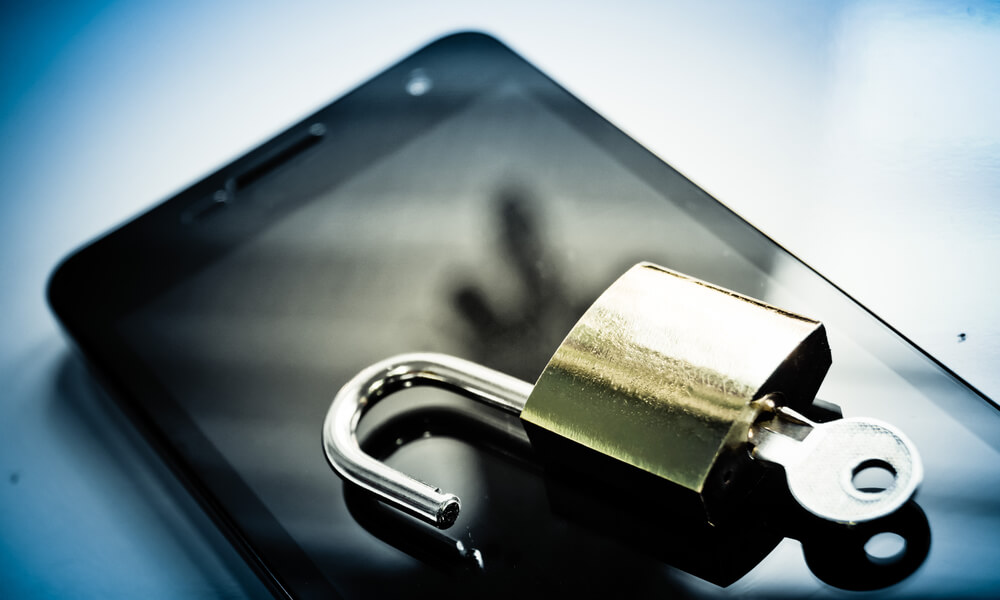How to make sure your smartphones don’t become a security risk.
Most of don’t think about our phones as being prone to viruses and malware the way our computers are. However, the more we use our smartphones to conduct business, the more likely they are to become targets for potential data breaches. Rather than risk a leak, follow these precautions to keep your data safe.
1. Keep your OS up to date.
Like computers, smartphone operating systems also require routine updates, often to fix security flaws. While these can be less obtrusive than updates on your computer, many users defer them till a later date. Make sure your employees understand the importance of maintaining their smartphone OS updates so that they don’t put them off.
2. Use a password on your lock screen.
Whether it’s a PIN or a pattern, having some code to unlock your phone is critical for security. Given the access our phones typically have to sensitive data—from email to bank account information—leaving that info on an unlocked phone invites disaster in case of theft. Play it safe, and keep your phone locked.
3. Beware what you download.
If you have a BYOD policy in place for your business, you may want to specify what apps your employees are or aren’t allowed to download. Most apps are safe, but employees should avoid anything coming from a suspect source. This includes 3rd-party apps as well as files and other downloads. Employees should also not root or jailbreak their smartphones, as this can leave them more susceptible to viruses and malware.
4. Take care with public Wi-Fi.
Data that passes through a public Wi-Fi connection can be easily intercepted, which means they are best avoided on any device that you’re using for business. Use cell phone data instead, and set up a data compensation plan if your employees require extra access. Alternatively, you can use a VPN app to encrypt your data if you’re on a public network. Some employees use this at home on their private networks, especially if they live in an apartment or a crowded urban area.
5. Back up data and enable remote wipe.
Regular data backups are a good idea in case you lose or break your phone, and you will be extra grateful for them if your phone is ever stolen. In the case of a stolen phone, you should be able to wipe data remotely.
Don’t panic—do take precautions.
Between your smartphone and your computer, the latter is still at greater risk for a security breach. However, that’s no reason to let your guard down. Take the appropriate steps, and you go a long way toward avoiding the damage a data leak can cause.
